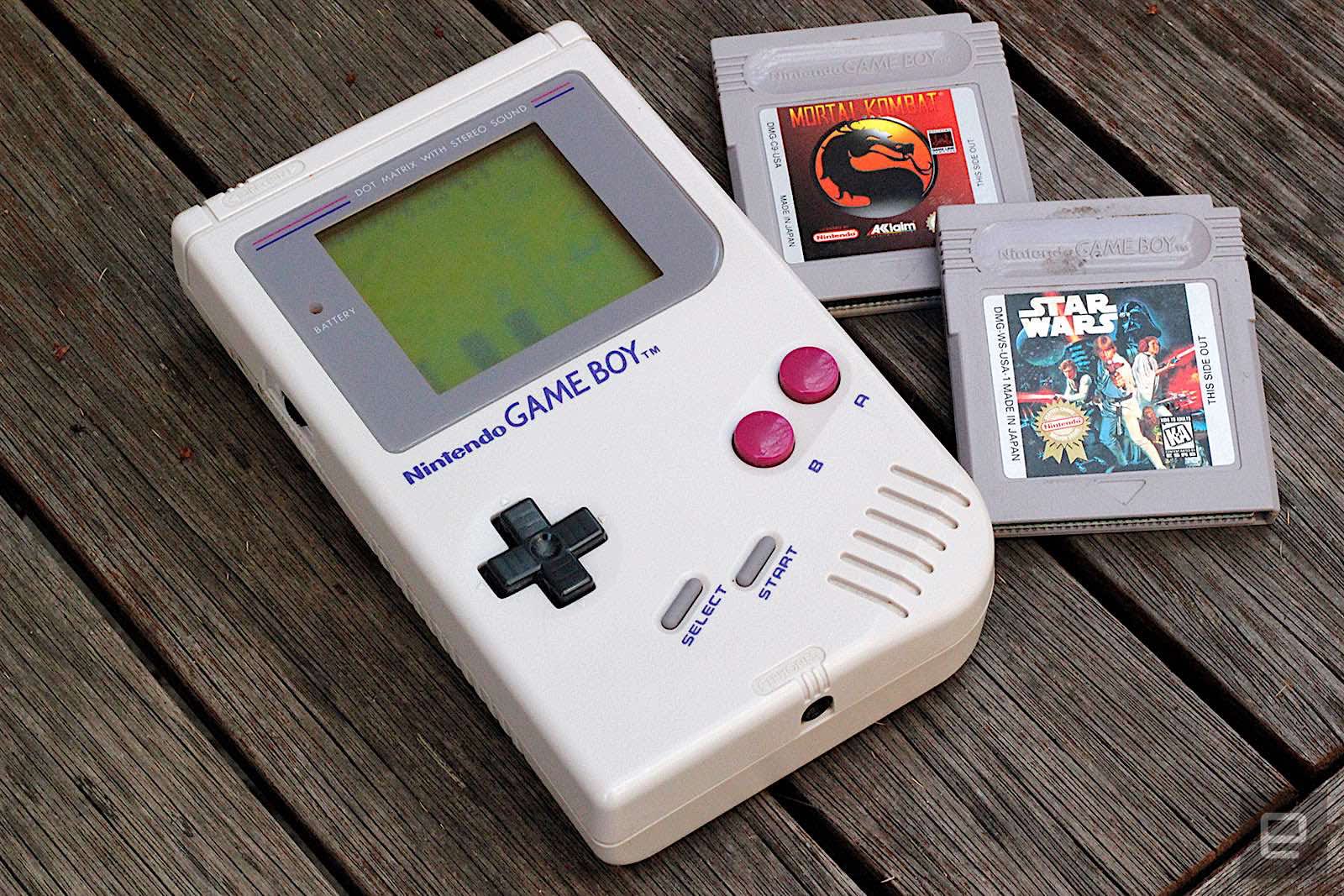
Not long ago I got the Humble Bundle for the Boss Fight Books. I’ve got a huge backlog of game design books to get through, hopefully I can make a dent in it this summer. So of all the books I got, this is one of the games I’ve had experience with. Granted, it was nearly 15 years ago, I didn’t even play it on the original hardware (my friend introduced the game to me by downloading the ROM and its emulator on my PC. So a lot of my memories of this game are rather sparse, but I remembered just enough to make this book make sense.
So I read Metal Gear Solid by Ashly and Anthony Burch. I found that this book had a very different tone than the previous books from the series (as I read Derek Yu’s Spelunky and Daniel Lisi’s World of Warcraft). With the two authors, they decide to split into their separate thoughts, and frequently engage in a dialogue (sometimes just in the footnotes). This fourth-wall breaking was interesting, perhaps even a little refreshing. At times, it felt awkward (maybe a little too personal as they are siblings), but most of the time it was a pleasant way to engage with the text and the game.
Overall, this game did have some thoughtful analysis. It broke down various components of the game from its characters to its story, and outlined their strengths and weaknesses. It also included a lot of personal history that the authors had with the game, their feelings and adoration of the game, while also critiquing it as necessary. I think this is the kind of analysis I really want from these kinds of books: personal experiences that also break down objectively what works and what doesn’t in the game.
Games are played by people, not machines, so naturally there should be some human flavor to the review. And realistically, every review or analysis is subjective, so it is a delicate balance of embracing that while also still attempting to be empirical. In the end, I guess I wish I knew more about the game so that I could follow along some of the analysis a little better, so really that is my fault. I know that I have made that critique before (wanting something to be more targeting fans instead of non-players), so I can’t really hold it against the authors.
For the thoughtful analysis, fourth-wall breaking, and unique dialogue between authors, I rate this book four out of five hearts.

